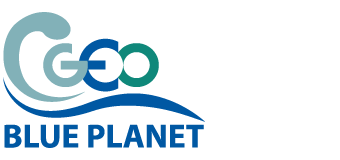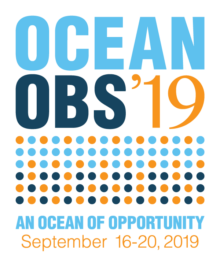OceanObs’19 UN SDG Breakout Session Pre-Conference Survey
Please take a moment to fill out the survey here!
In 2015, the United Nations established the 2030 Agenda with a set of 17 Sustainable Development Goals (SDG) to ensure present development meets current needs without compromising the ability of future generations to meet their own needs. The 2030 Agenda is an Integrated Plan of Action structured in four main parts: a) Vision and principles for transforming our world as set out in the Declaration; b) Results framework of 17 SDGs and 169 targets; c) Means of implementation through governments, society and global partnership, and; d) Follow-up and review framework of global indicators.
SDG 14 is specific to the ocean and is to ‘conserve and sustainably use the oceans, seas and marine resources for sustainable development’. There are 10 targets for SDG 14, each with indicators to help countries, regions and the United Nations General Assembly to measure progress made in meeting the targets. Ocean observation, including in-situ measurements and remote sensing are particularly important to monitor eutrophication and plastic pollution (target 14.1) and ocean acidification (target 14.3).
This session will focus on the role of ocean observations and research in the implementation, monitoring, and reporting in the framework of the 2030 Agenda for Sustainable Development, in particular SDG 14 and how new science and technologies generated throughout the course of the UN Decade of Ocean Science for Sustainable Development are expected to support these initiatives.
The planning committee for the OceanObs’19 Breakout Session on the UN Sustainable Development Goals and Ocean Observing has put together a survey for the community to share their views on what role(s) ocean observations and the ocean observing community can play in the next decade in relation to the SDGs and to share what they would like covered during the side event.

